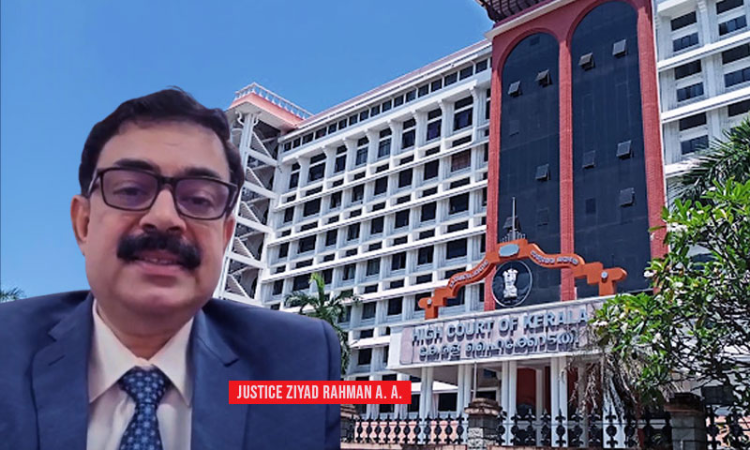S.157 MV Act | Transfer Of Vehicle Results In Deemed Transfer Of Its Insurance Policy Including All Obligations: Kerala High Court
Navya Benny
31 Oct 2022 5:21 PM IST

Next Story
31 Oct 2022 5:21 PM IST
The Kerala High Court on Thursday held that when transfer of a vehicle has been effected following the procedure in Motor Vehicles Act, 1988, the insurance policy taken out in respect of the vehicle is also deemed to have been transferred in favour of the transferee without any further process.Justice Ziyad Rahman A.A., in this light further found that, "Though sub-section (2) of Section...
